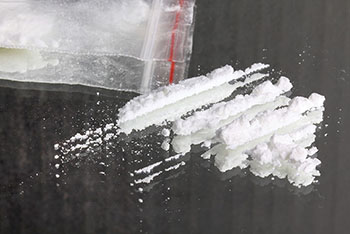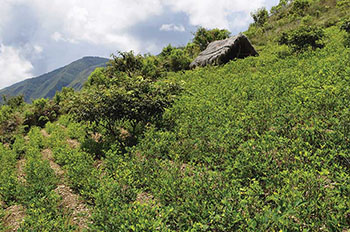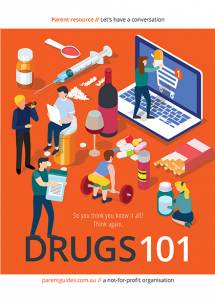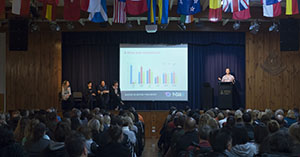By Cheryl Critchley
 Cocaine has a reputation as the drug of choice for celebrities, but its effects can be far from glamorous.
Cocaine has a reputation as the drug of choice for celebrities, but its effects can be far from glamorous.
Cocaine can be dangerous if taken in high doses or contaminated by other substances.
Snorting cocaine regularly can cause a runny nose and nosebleeds, infection of the nasal membranes, perforation of the septum and long-term damage to the nasal cavity and sinuses.
Only 1.7 per cent of Australian high-school students surveyed in the 2011 Australian secondary students’ survey had used cocaine, and only 1 per cent had used it in the past month.
These levels have also fallen significantly since 2005, when almost 3 per cent of 12 to 17-year-olds had tried it.
But any level of use in this age group is a concern because of its potential dangers.
OTHER NAMES
C, coke, nose candy, snow, white lady, toot, charlie, blow, white dust, stardust
 SHORT & LONG TERM EFFECTS
SHORT & LONG TERM EFFECTS
View the Australian Drug Foundation’s short and long term effects of cocaine here.
COCAINE PSYCHOSIS
High doses and frequent heavy use can also cause “cocaine psychosis”, characterised by paranoid delusions, hallucinations and out-of-character aggressive behaviour. These symptoms usually disappear a few days after the person stops using cocaine.
Drugs 101 is an informative resource that offers expert advice about drugs and how to start a conversation about them with your kids. It profiles people touched by addiction and explains what drugs are, how they work, their risks and how many young people use them.
Click here to purchase a copy.





Comments (2)
Comments are closed.